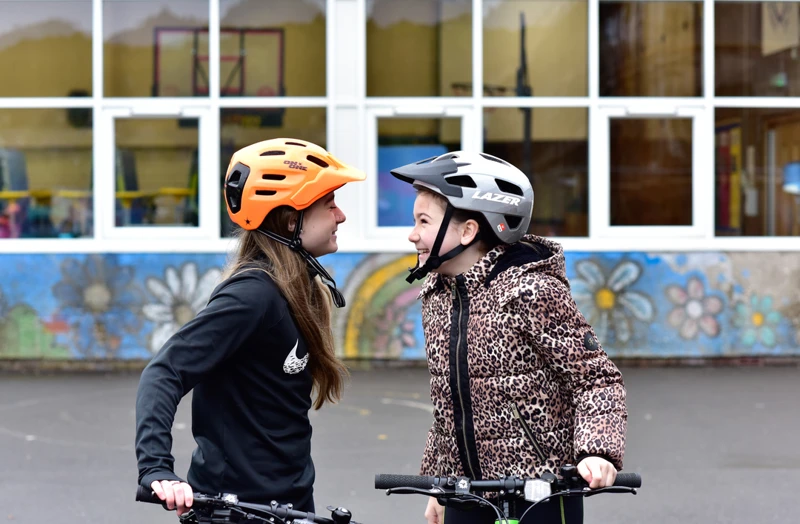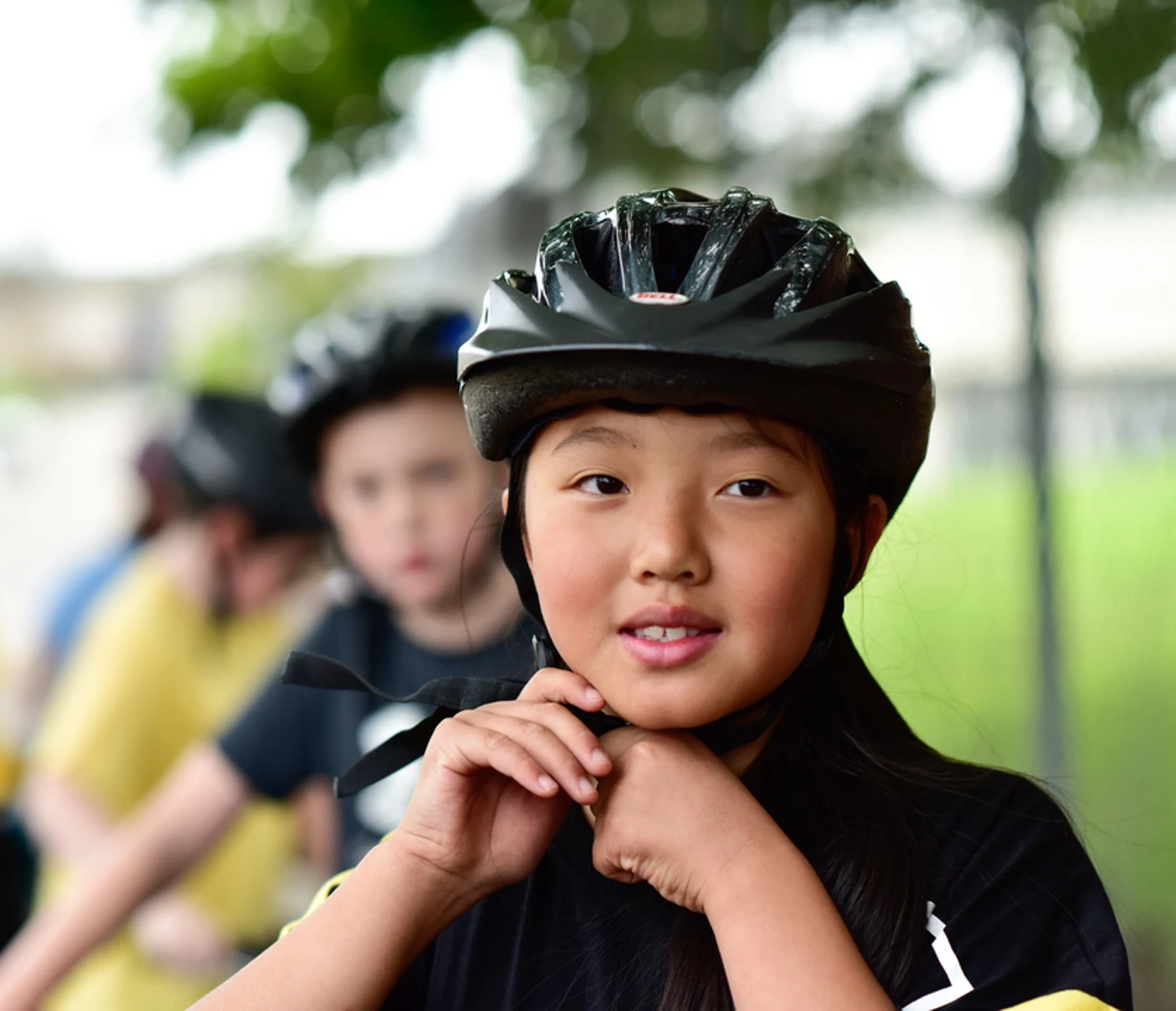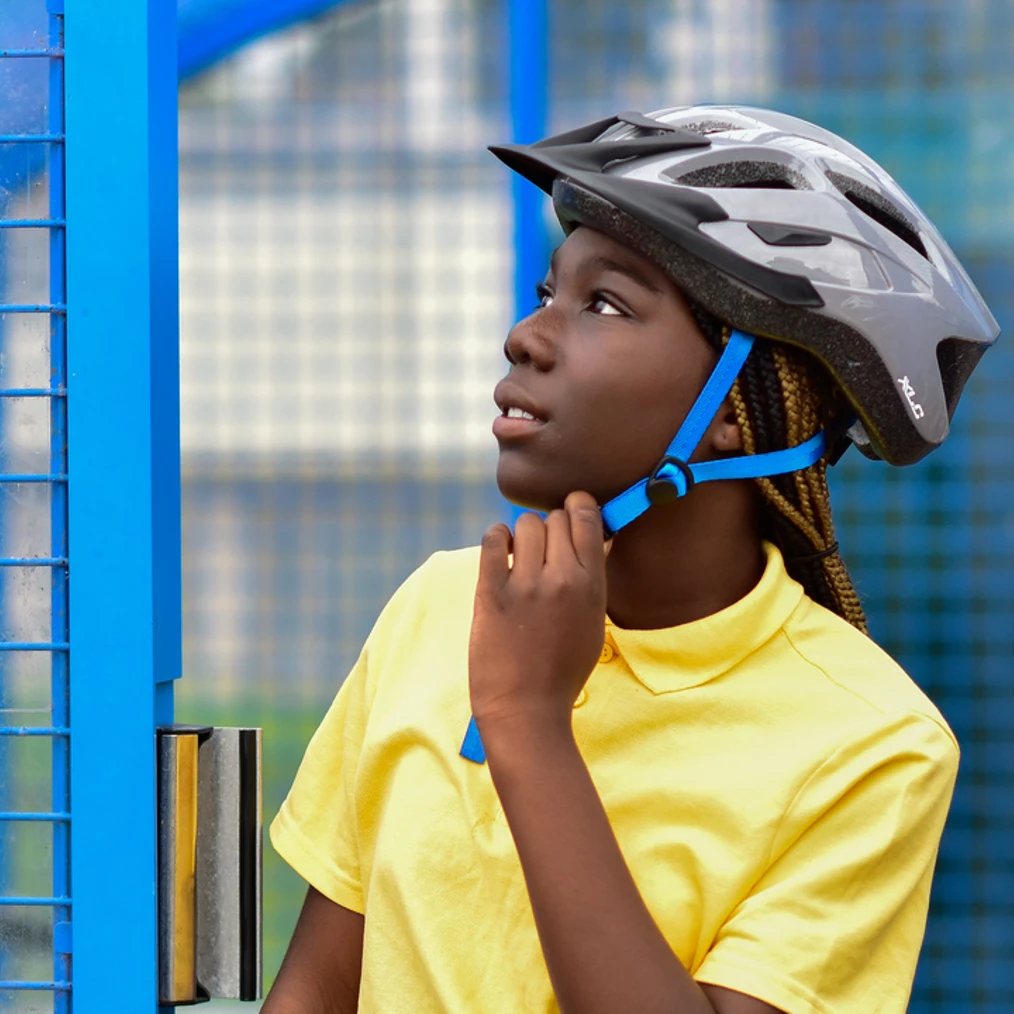
Information for schools
Are you a teacher or support worker who wants to find out about support and training for your school?
Bikeability Scotland is fully-funded, delivered by trained instructors, and helps children build the skills and confidence they need to cycle on today’s roads.

Use our school checker to see if your school offers Bikeability Scotland training.
